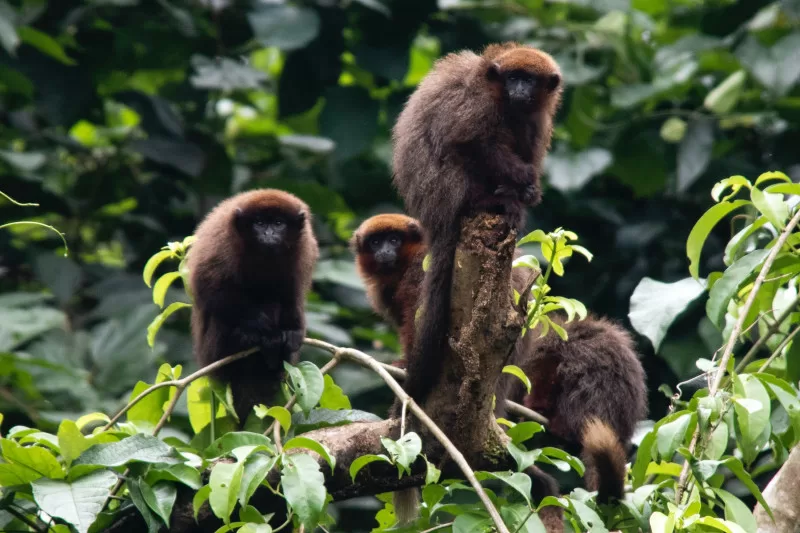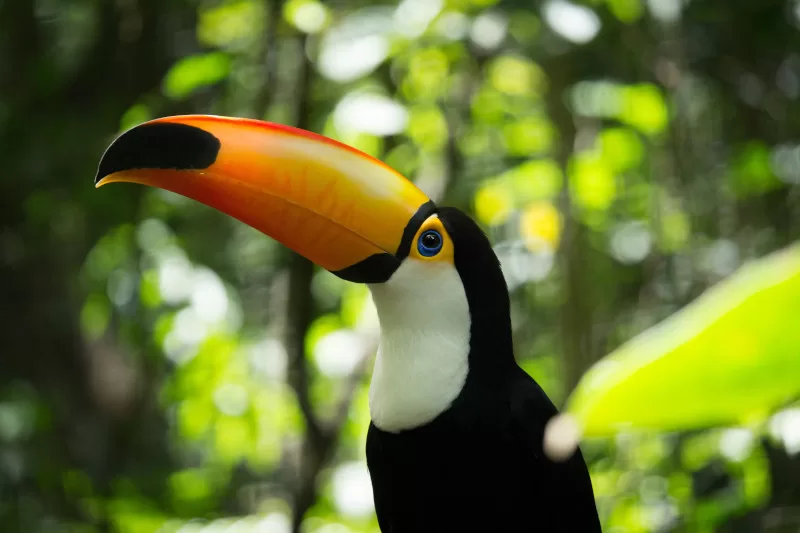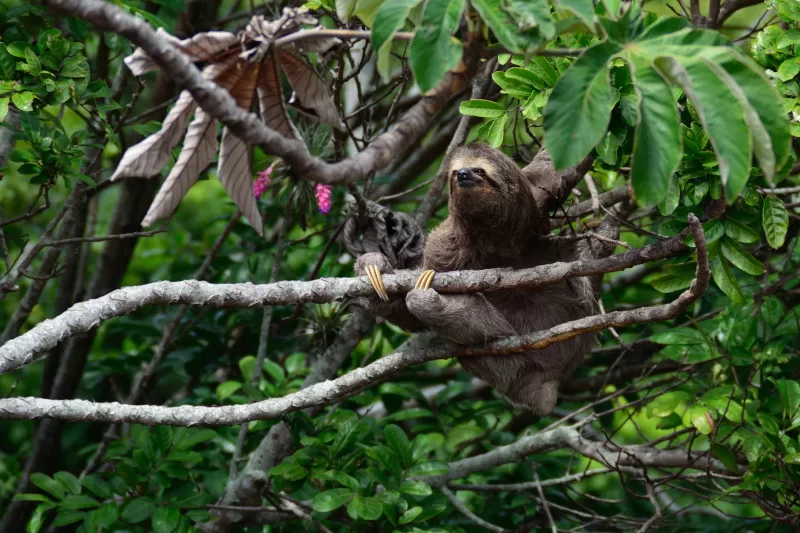Nestled deep within the heart of the Peruvian Amazon, Manu National Park proudly stands as one of the world’s most biologically diverse areas, a verdant tapestry of unparalleled ecological significance. The conservation efforts of Manu National Park are not merely an attempt to maintain the status quo of a single ecosystem, but rather a fight to preserve a remarkable symphony of life that reverberates through the veins of our planet. In this article, we will delve into the inspiring strategies, successes, challenges, and ongoing endeavors that frame these conservation initiatives.
These efforts are primarily fueled by an unwavering commitment to maintaining the park’s natural balance and a recognition of the role this masterpiece of nature plays in our global ecosystem. Embark on a journey with us as we illuminate the backstage operations of Manu National Park, highlighting the dedicated individuals and ingenious methods behind the conservation of a place where nature performs her most captivating symphony. In understanding this, we also unravel a blueprint for the preservation of our planet’s biodiversity that stretches far beyond the boundaries of this Peruvian sanctuary.
Situated in Peru’s remote Amazon region, Manu National Park is a vibrant, living masterpiece. As a UNESCO World Heritage site, it commands global attention. A single Manu Rainforest Tour exposes you to an exceptional array of life. One can encounter hundreds of bird species, including the rare Andean Cock-of-the-rock.
Thousands of insect species add more depth to this already diverse environment. The park is also home to elusive jaguars and spectacled bears. Every nook and cranny teems with life, from the tiniest insect to the towering trees.
The conservation efforts of Manu National Park play a vital role in maintaining this diversity. These efforts ensure each species, no matter how small, is given a chance to thrive. They aim to uphold the delicate balance between different life forms.
Through relentless work, park officials manage to protect these inhabitants from numerous threats. The most common threats are deforestation and illegal poaching. Protecting this immense ecosystem is a daunting task, to say the least.
The park also contributes to global biodiversity, making its preservation even more crucial. Hence, the conservation efforts of Manu National Park have far-reaching implications. They safeguard not only local species but global biodiversity as well.
Manu National Park is indeed a symphony of life. Every creature plays a part in the melody. It’s up to us to ensure this melody continues to enchant future generations.

The preservation of Manu National Park’s rich biodiversity isn’t just happenstance. It is the product of careful, calculated strategies. These strategies form the core of the conservation efforts of Manu National Park.
One of the main strategies revolves around sustainable tourism. Manu Amazon Tours are meticulously designed to minimize human impact. These tours allow visitors to experience nature without disturbing it. Guides trained in sustainable practices lead these tours.
Education and community involvement form another crucial strategy. Local communities are empowered to take part in conservation efforts. They are taught the importance of maintaining the ecosystem balance. Their involvement makes the conservation efforts of Manu National Park more effective.
Research and monitoring are also key parts of the strategy. These efforts help to better understand the park’s rich biodiversity. They also aid in identifying potential threats and devising effective solutions.
The Manu Biosphere Reserve Tour provides visitors a glimpse into these research efforts. It’s an educational tour, aiming to instill a love for nature in its participants.
The fight against illegal activities is also essential. It helps maintain the park’s integrity. Park rangers tirelessly patrol the park to deter illegal poaching and logging.
Finally, international collaborations help to bolster these conservation efforts. They bring in necessary resources and expertise. They also increase global awareness about the park’s conservation needs.
The conservation initiatives of Manu National Park encompass a broad spectrum. They weave together various threads to create a comprehensive, effective strategy. This strategy plays a pivotal role in preserving the park’s precious biodiversity.

The conservation efforts of Manu National Park have seen both triumphs and challenges. Each hurdle surmounted is a testament to the enduring dedication of those involved.
One of the major successes is the rebound of several endangered species. Rigorous anti-poaching measures have helped in achieving this. Strict park regulations have also played a key role. These rules protect the park’s fauna from potential harm during a Manu Jungle Tour.
Another triumph is the expansion of sustainable tourism. It ensures minimal disruption to the park’s delicate ecosystem. These practices are vital in the conservation efforts of Manu National Park.
Despite these successes, challenges persist. One major concern is illegal logging. It poses a significant threat to the park’s pristine rainforest. Illegal mining also adds to the park’s woes. It pollutes rivers, threatening aquatic life.
Moreover, climate change looms large over Manu. Rising temperatures could disrupt the park’s delicate ecosystem. Species might struggle to adapt to these rapid changes.
Addressing these challenges is central to the conservation efforts of Manu National Park. Future plans involve strengthening the park’s anti-poaching and anti-logging measures. There’s also a push to increase community participation in conservation initiatives.
Moreover, efforts are underway to create more climate-resilient strategies. These would help the park’s species adapt to changing environmental conditions.
Despite the challenges, hope for Manu National Park’s future remains strong. The park’s successes are a beacon of what is achievable. They offer a blueprint for other conservation projects worldwide.

If you got any questions, please do not hesitate to send us a message. We reply within 24 hours!
+51 900 394 399
info@biomanuexpeditions.com
reservas@biomanuexpeditions.com
